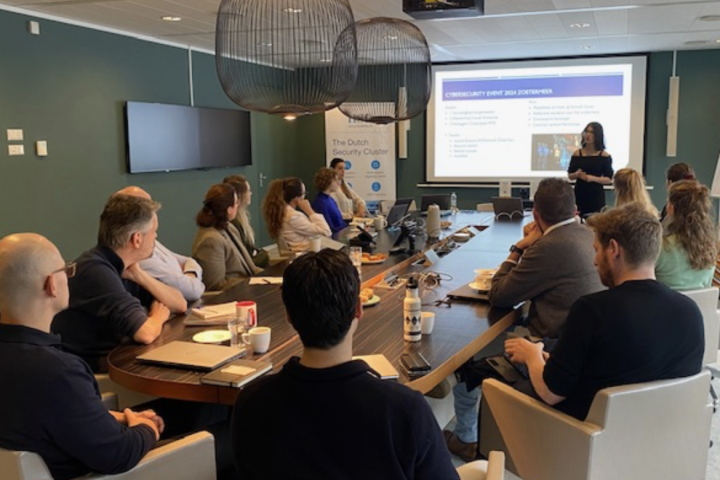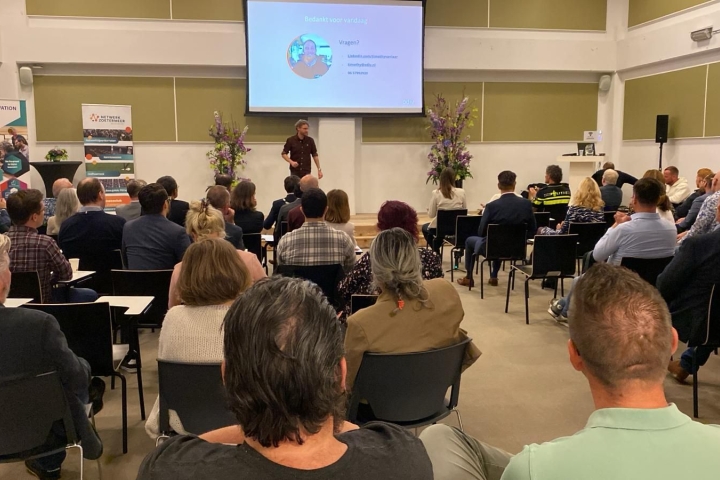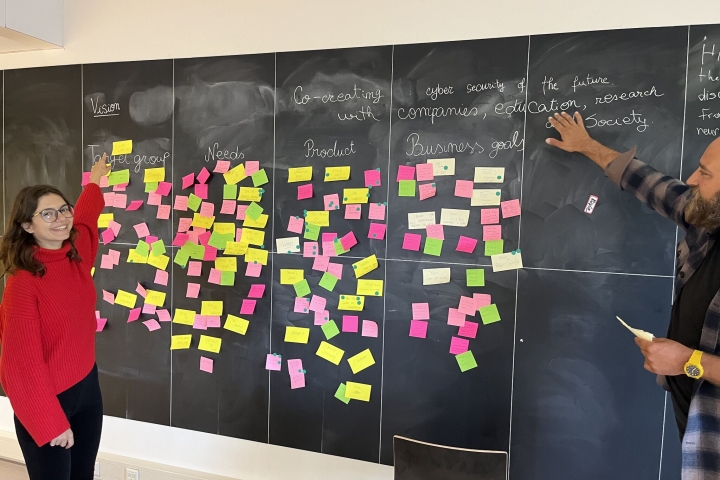Deployment of Cyber Security Experts in Higher Technical Education: key take-aways from pilot ‘hybrid teachers’
HSD looks back on the pilot project for hybrid teachers of cybersecurity. What insights has the pilot yielded? What are the concrete results? These are the lessons learned:
- Schools primarily seek sustainable collaboration with companies/employers of cybersecurity professionals. Successful collaboration is a matter of staying power, the will to make structural investments together and the availability of professional project support.
- The deployment of cyber security professionals in an ICT curriculum is pre-eminently customised from various perspectives: the type of expertise, the role of the professional, the form of collaboration with regular instructors and the type of contract (secondment, self-employed person, part-time employee).
- Schools need experience with growth models on the way to becoming a hybrid teacher, for example: starting as a co-developer of a programme in the curriculum, then playing a role in implementing the programme, and then gradually taking on more tasks and responsibilities, working towards the role of hybrid teacher.
- The salary gap between cybersecurity professionals and instructors is a serious bottleneck. The university, employer and candidate hybrid instructor can find a solution by meeting each other halfway.
- There is a need for a single point of contact per school where candidate hybrid lecturers/experts can go with their questions. At the moment, schools do not have the scale to staff such a ‘one-stop shop’.
- Due to the emphasis on collaboration with companies and the idea of a range of possible roles for cyber security professionals, guaranteeing didactic quality moved to the background. The risk of a mismatch is lower if the pedagogical-didactical skills of hybrid experts, coaches or supervisors - roles other than that of instructor - are guaranteed at a minimum level.
- Companies came up with the idea of bundling the demand for and supply of cyber security professionals who want to and can work in education in a regional pool, where parties must be able to receive support from a platform, sector association or other organisation.
Educating ‘the talent of the future’
Cyber security is a relatively young field of work and cyber security education is still in full development. In our communication with the business community, we have deliberately framed the hybrid teacher status differently - namely, emphatically not in traditional terms - instructor, standing in front of the class, teaching - but more in alternative terms:
- educating the talent of the future / your future colleague;
- using your expertise to innovate education together with the teachers;
- make a meaningful contribution to the talent of the future in cybersecurity.
This approach yielded a number of companies interested in structural cooperation with universities of applied sciences. It is still too early to conclude that the pilot has led to successful matches, but the beginning is there. Contacts have been made and discussions are being held.
Access to Talent: HSD as connector and booster
The roles that HSD likes to take on are that of booster and connector.
In the HSD Multi-Year Strategy 2021-2025, Access to Talent is one of the five core objectives: helping to make the mismatch between supply and demand of security talent visible and resolve it.
We map out developments in security talent.
We fulfil a regional and national knowledge position on the labour market and talent issue. Linked to this, we take on a strategic advisory role in order to identify and solve problems in the mismatch between supply and demand of talent.
We communicate with our partners how we fulfil this role and to what results this leads.
We drive talent programmes, without taking an executive or organisational role ourselves. Our role consists of: (1) building momentum - bringing organisations around the table to jointly work towards a solution; and (2) connecting - including pushing projects forward in our ecosystem.
Basic information about the Hybrid Teachers in Cybersecurity pilot
In September, HSD launched the 'Hybrid instructors in cybersecurity in technical education' pilot project. The aim was to embed the subject of cyber security more firmly within middle and higher professional education programmes (hbo/mbo) by deploying cyber security professionals from the business community as hybrid teachers, hybrid experts or guest lecturers. The pilot will be completed this month.
HSD worked together with The Hague University of Applied Sciences, Leiden University of Applied Sciences and the University of Applied Sciences in Amsterdam. Various companies held exploratory talks with these schools about a form of sustainable cooperation.
The pilot project was funded by a start-up subsidy from the Ministry of Economic Affairs and was supervised in terms of its content by the Platform for Talent in Technology (TechniekPact). It is one of five national pilots aimed at increasing the number of hybrid lecturers in technical education.
Click here for the introduction article on the pilot
Click here for the article ‘The best of both worlds: hybrid expert or teacher’ in Security Talent Special
Click here for the article on cooperation between businesses and colleges re. cyber experts in education.
Click ![]() here for the Dutch version.
here for the Dutch version.


























